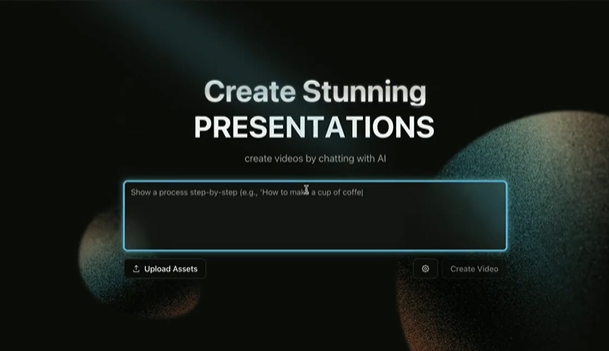Strategic alliances in the field of artificial intelligence are facing severe tests. According to a recent report by The Wall Street Journal, the partnership between OpenAI and Microsoft has hit an impasse due to core differences, with their conflicts escalating to the point where legal action may be taken. This tense situation not only threatens their six-year-long cooperative relationship but could also reshape the global AI industry landscape.
Full-blown Conflict in Cooperation
According to insider information, the main points of contention are concentrated in three key areas:
- OpenAI wishes to break free from its reliance on Microsoft's cloud computing services
- There are significant disagreements over corporate restructuring and equity distribution
- Disputes have arisen over the acquisition of the AI startup Windsurf and intellectual property ownership
The most critical conflict lies in OpenAI's desire to transition from a non-profit organization to a for-profit entity. This transformation could dilute Microsoft's existing rights. In exchange, Microsoft demands a larger stake in the new company and continued exclusive access to OpenAI's technology.
Bargaining Between Commercial Interests and Strategic Autonomy
Under the current cooperation framework, Microsoft enjoys exclusive sales rights and priority usage of OpenAI's software, which is increasingly becoming the focal point of their conflicts. As OpenAI accelerates its commercialization process, it has already formed direct competition with Microsoft in the AI product market.
Insiders note that the OpenAI board has discussed taking several countermeasures, including:
- Filing a complaint with regulators regarding Microsoft's alleged anti-competitive behavior
- Requesting a legal review of existing contracts
- Initiating public opinion pressure campaigns
Industry analysts suggest that if the conflict escalates further, OpenAI may face a financing risk of up to $20 billion, directly related to its ongoing新一轮 financing plan.
Industry Impact and Future Direction
Despite their joint statement emphasizing "productive cooperation," the tense relations have drawn significant attention from the industry. This dispute may produce multiple impacts:
1. Reshape the technical licensing model in the AI sector
2. Influence the competitive landscape of the cloud computing market
3. Create strategic opportunities for other tech giants
Particularly noteworthy is the fact that Microsoft, as one of OpenAI's early investors, currently holds 49% of its shares. This special equity structure means any change in cooperation terms will have far-reaching effects on the AI industry ecosystem.
Perspective
Industry observers believe that, regardless of the final outcome, this dispute marks a new phase in the development of the AI industry. With technological commercialization accelerating, the relationships between start-ups and tech giants are being redefined. The next few months will determine the direction of this "AI alliance crisis," and its outcome may become a typical case study of high-tech industry cooperation models.
Currently, both parties are still in intense negotiations, seeking a compromise solution by the end of July. The market generally expects the two companies to properly resolve their differences and avoid causing significant shocks to the rapidly developing AI industry.










